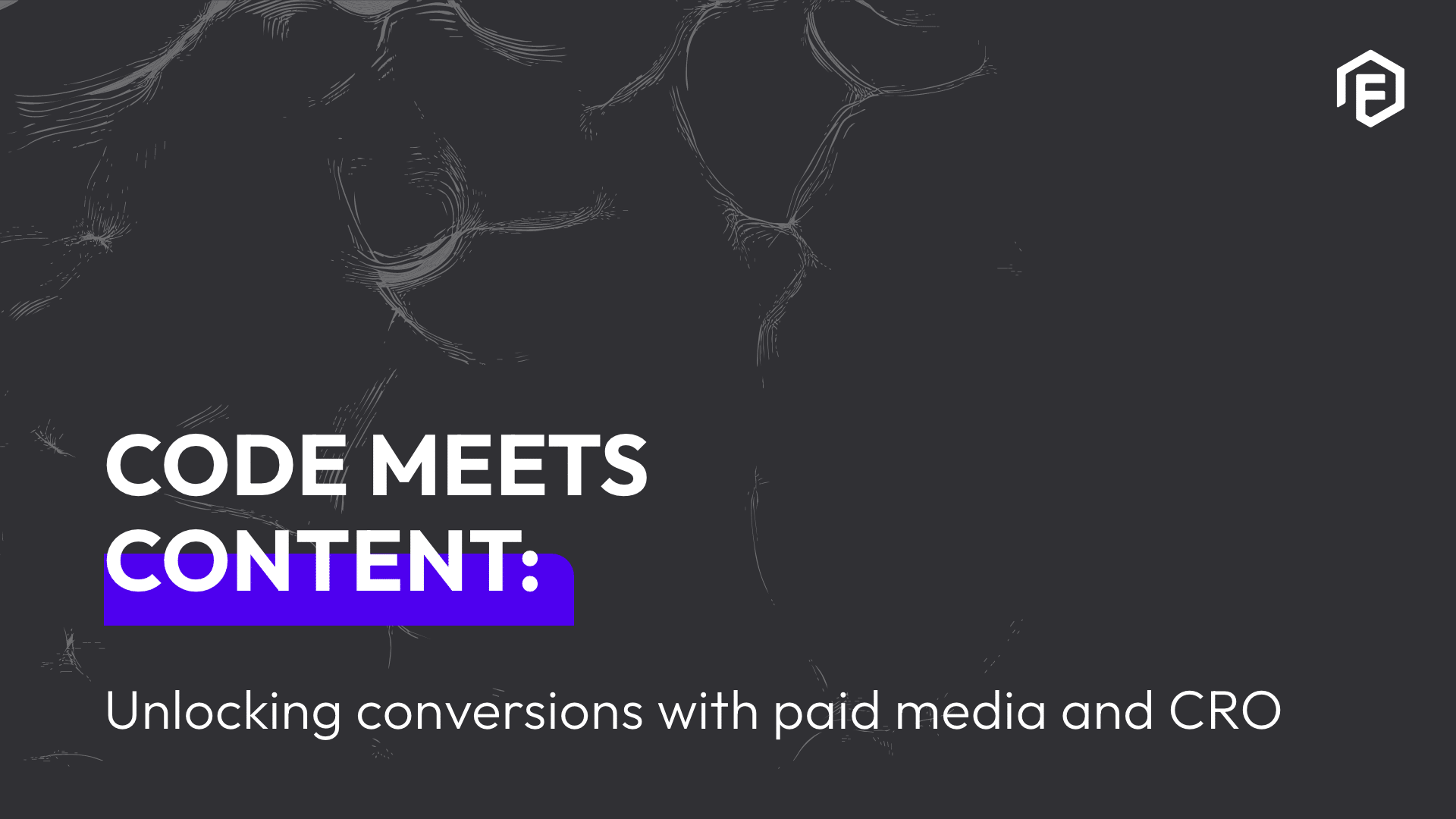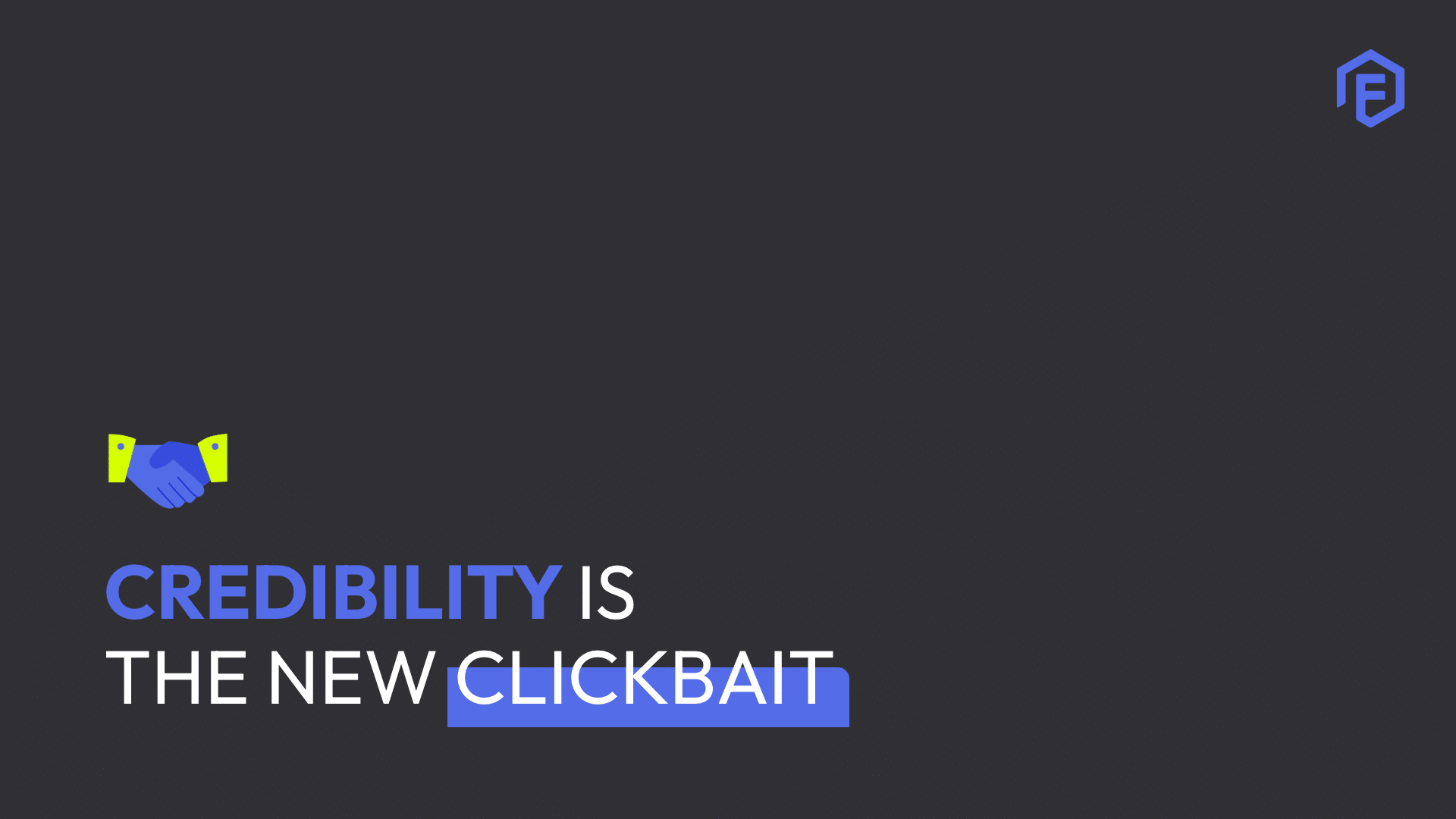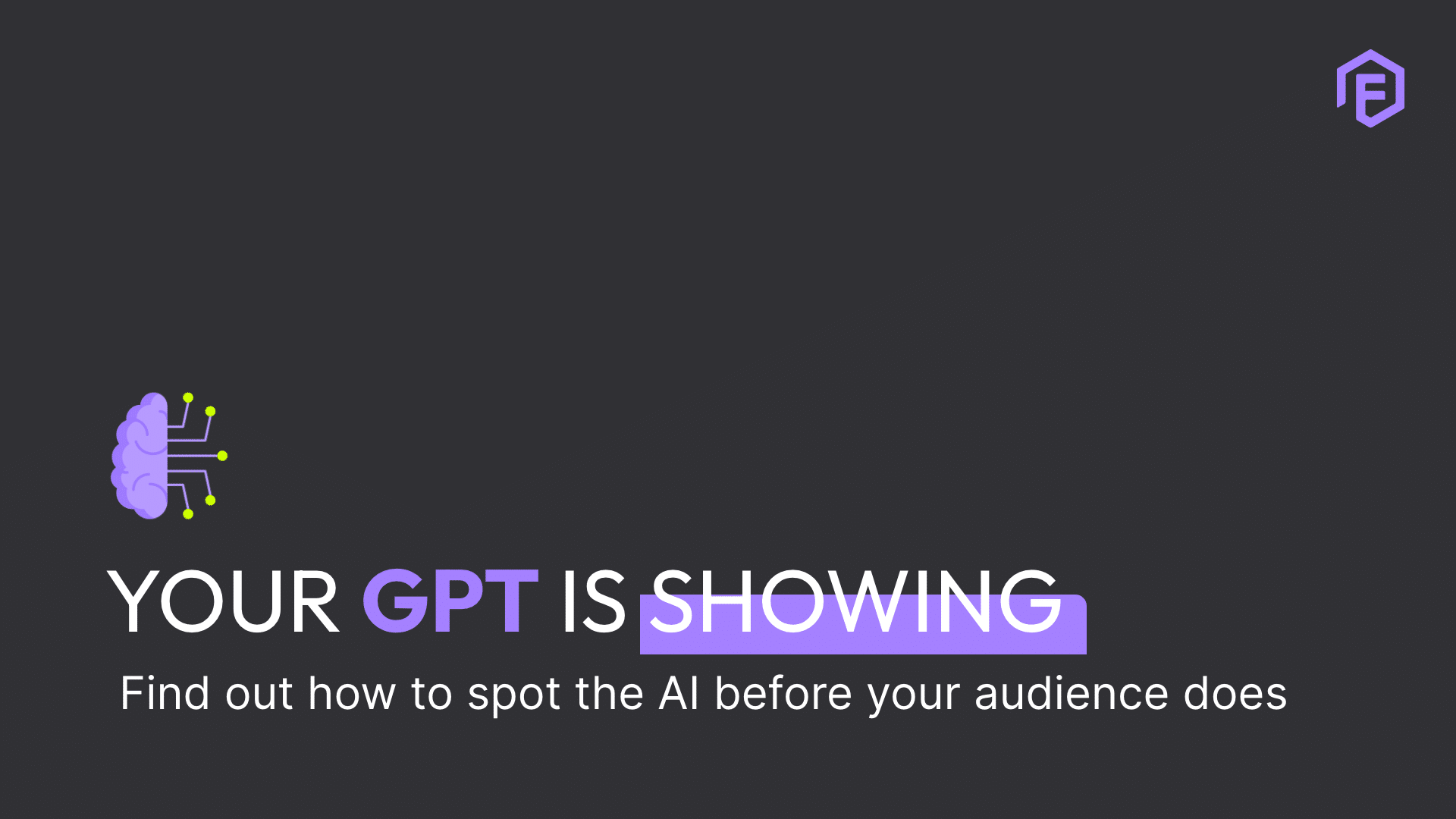Research, research, and more research. And most importantly, test, test, test. There’s nothing fancy or overly complex about the media buying process. You really just need to be logical, trust your past experiences, and be confident in your choices. However, mistakes are likely to happen during your first media buying strategy. Embrace them, learn from them, and never stop asking the most important question throughout your media buying process: “WAIT, BUT WHY?”
This article provides a comprehensive starter pack to get you going as a media buyer. Before diving into buying media, there are some crucial steps you need to take. Let’s break down the Media Buying Blueprint.
The Media Buying Blueprint
- Media Planning & Research
- Media Scheduling
- Media Optimisation
- Media Audience Learnings
- Media Reporting
1. Media Planning & Research
What is Media Planning & Research?
Media planning and research, often referred to as the pre-buy phase, is the foundation of any successful media buying strategy. This phase involves extensive research to understand your target audience, competitors, and the channels that will yield the best results for your campaign.
Key Components of Media Planning & Research:
- Audience Research: Gather data on demographics, location, gender, and interests of your target audience. Utilize tools like Effective Measure, Alexa.com, Quantcast.com, and Google Trends to gain insights into audience behavior and preferences.
- Competitor Research: Analyze who your competitors are targeting, their media channels, and the types of creative assets they use. This will help you identify gaps and opportunities in your own strategy.
- Goal Setting, Budgeting & Tracking: Define the key performance indicators (KPIs) for your campaign, establish a budget, and decide on the tracking tools (e.g., Google Analytics, Google Tag Manager) that will measure your campaign’s success.
Pro Tip: Embrace a multi-disciplinary approach. Performance marketing thrives on delivering results based on KPIs, requiring marketers to be adaptable and skilled across various channels.
2. Media Scheduling
What is Media Scheduling?
Media scheduling involves determining how and where your ads will be placed to reach your target audience most effectively. It’s crucial to decide whether you will buy ad space directly from publishers or through ad networks and platforms like Google, Facebook, and Bing.
Key Considerations for Media Scheduling:
- Direct vs. Programmatic Buying: Decide whether to buy directly from publishers or use first- or third-party channels to place ads on their networks or partnered sites.
- Geographic Targeting: If your campaign is localized to a specific city or region, work with ad networks that offer precise targeting tools.
3. Media Optimisation
What is Media Optimisation?
Media optimization is the process of adjusting your campaign based on performance data to maximize results. This can include changing ad placements, bids, creative assets, and more.
Key Tips for Media Optimisation:
- Data-Driven Decisions: Optimize campaigns based on real-time audience data. Avoid making significant changes that might negatively impact the campaign.
- Understand Your Tools: Different ad networks offer varying levels of optimization capabilities. Explore all features and functions to leverage them effectively.
Pro Tip: Never stop testing. Continually experiment with different elements of your campaign to find the best-performing combinations.
4. Media Audience Learnings
What is Media Audience Learnings?
Understanding your audience is critical for media buying success. This phase involves analyzing audience behavior during your campaign to gain insights into what works and what doesn’t.
How to Leverage Audience Learnings:
- Set Up Comprehensive Tracking: Use tools like Google Tag Manager and Google Analytics to track every interaction on your campaign website. This helps you understand user behavior and refine your targeting.
- Micro KPIs: Even if your main objective isn’t met, track smaller actions like PDF downloads or email clicks. These micro-conversions can offer valuable insights.
Pro Tip: Track anything that’s clickable and triggers an event. The more data you collect, the better you’ll understand your audience.
5. Media Reporting
What is Media Reporting?
Media reporting involves analyzing and presenting the results of your media buying efforts. A detailed report helps you assess campaign performance and make informed decisions for future campaigns.
Best Practices for Media Reporting:
- Comprehensive Analysis: Don’t settle for a one-line summary. Utilize the vast capabilities of your tracking tools to report on creative performance, time of day, weekday performance, device type, age, and gender.
- Micro Conversions: Report on smaller, impactful metrics like PDF downloads or form submissions, as these can provide additional context for overall campaign performance.
Pro Tip: Always include detailed insights and recommendations based on your findings. This will help in refining future campaigns and strategies.
Conclusion
So, what really is media buying? Simply put, media buying is the process of strategizing, negotiating, and purchasing ad placements across different publishers, ad networks, agencies, and platforms. It’s a strategic discipline that requires careful planning, consistent testing, and ongoing learning.
By following this Media Buying Blueprint, you’ll be well on your way to crafting successful media campaigns that deliver tangible results.



